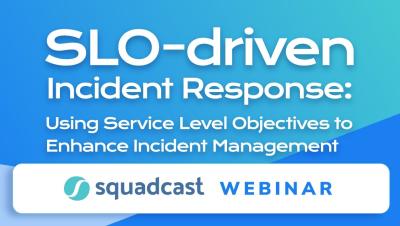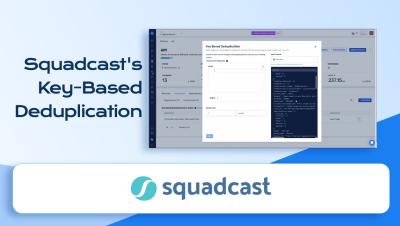Operations | Monitoring | ITSM | DevOps | Cloud
Squadcast
How to use Key-Based Deduplication in Squadcast | Deduplication Rules | Squadcast
Helm Dry Run: Guide & Best Practices
Managing On-Call Rotations: Navigating Incident Management from Chaos to Calm
Navigating On-Call rotations can often feel like taming a storm of alerts and constant disruptions, leaving teams overwhelmed and stressed. Hence there is a need to streamline On-Call rotations and leverage concerned software to restore order and peace. In this guide, you'll explore practical tips, best practices, and smart strategies to transform your Incident Management process. Let's get to a more efficient On-Call experience.
Azure Monitoring Agent: Key Features & Benefits
Unveiling Squadcast's Enhanced Status Pages
Introducing Squadcast's Key Based Deduplication
Kubernetes Monitoring Best Practices
Kubernetes can be installed using different tools, whether open-source, third-party vendor, or in a public cloud. In most cases, default installations have limited monitoring capabilities. Therefore, once a Kubernetes cluster is running, administrators must implement monitoring solutions to meet their requirements. Typical use cases for Kubernetes monitoring include: Effective Kubernetes monitoring requires a mix of tools, strategy, and technical expertise. To help you get it right, this article will explore seven essential Kubernetes monitoring best practices in detail.








